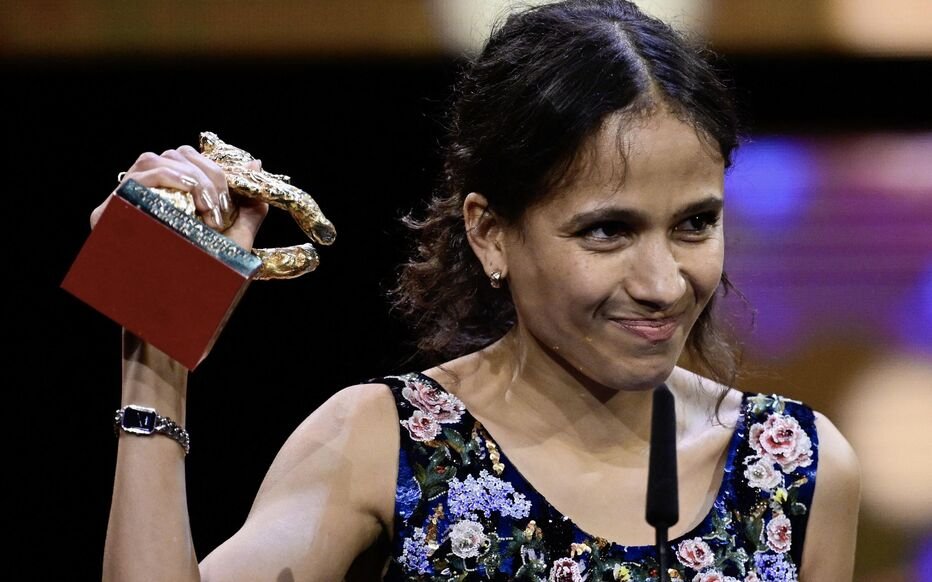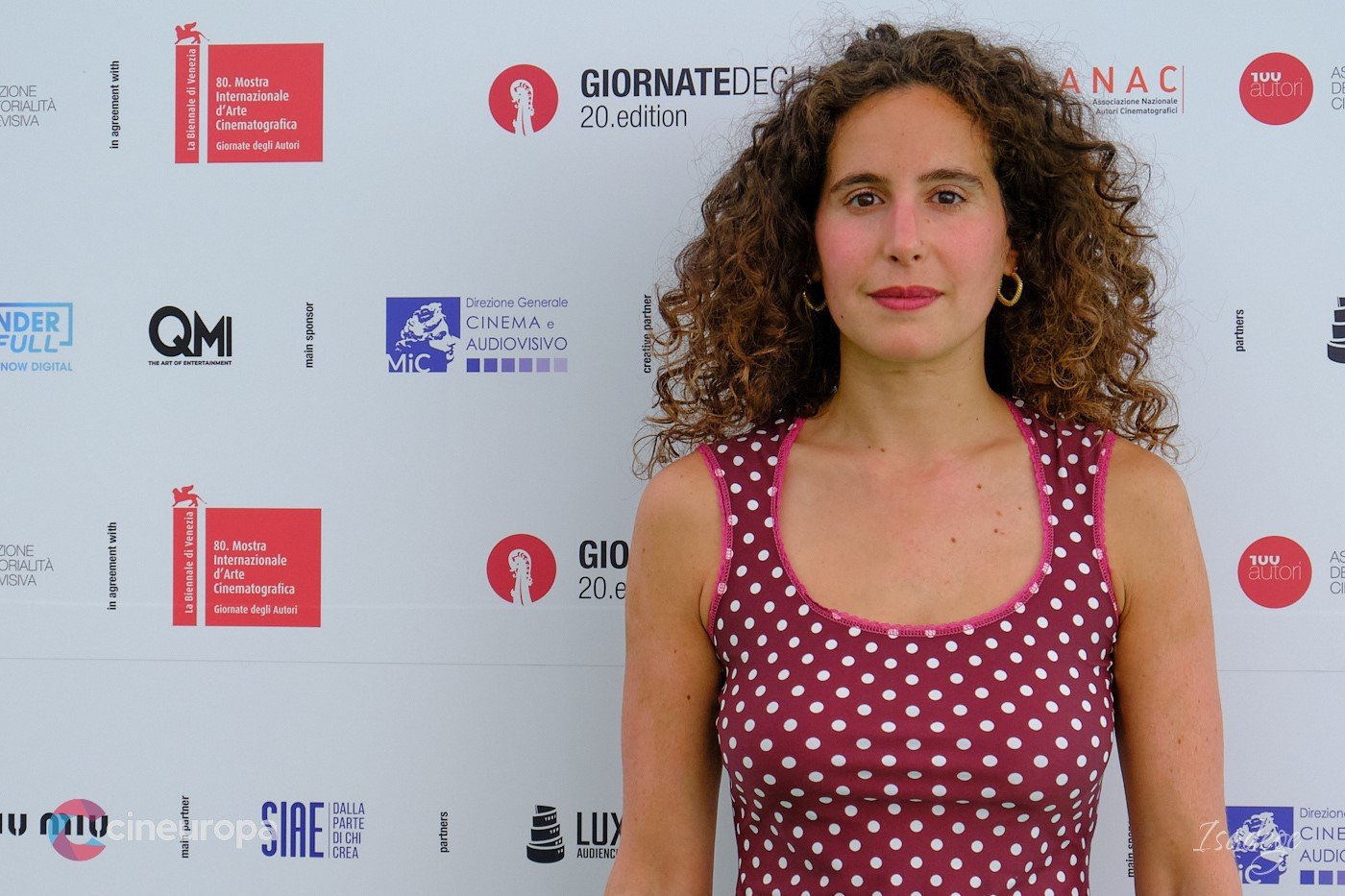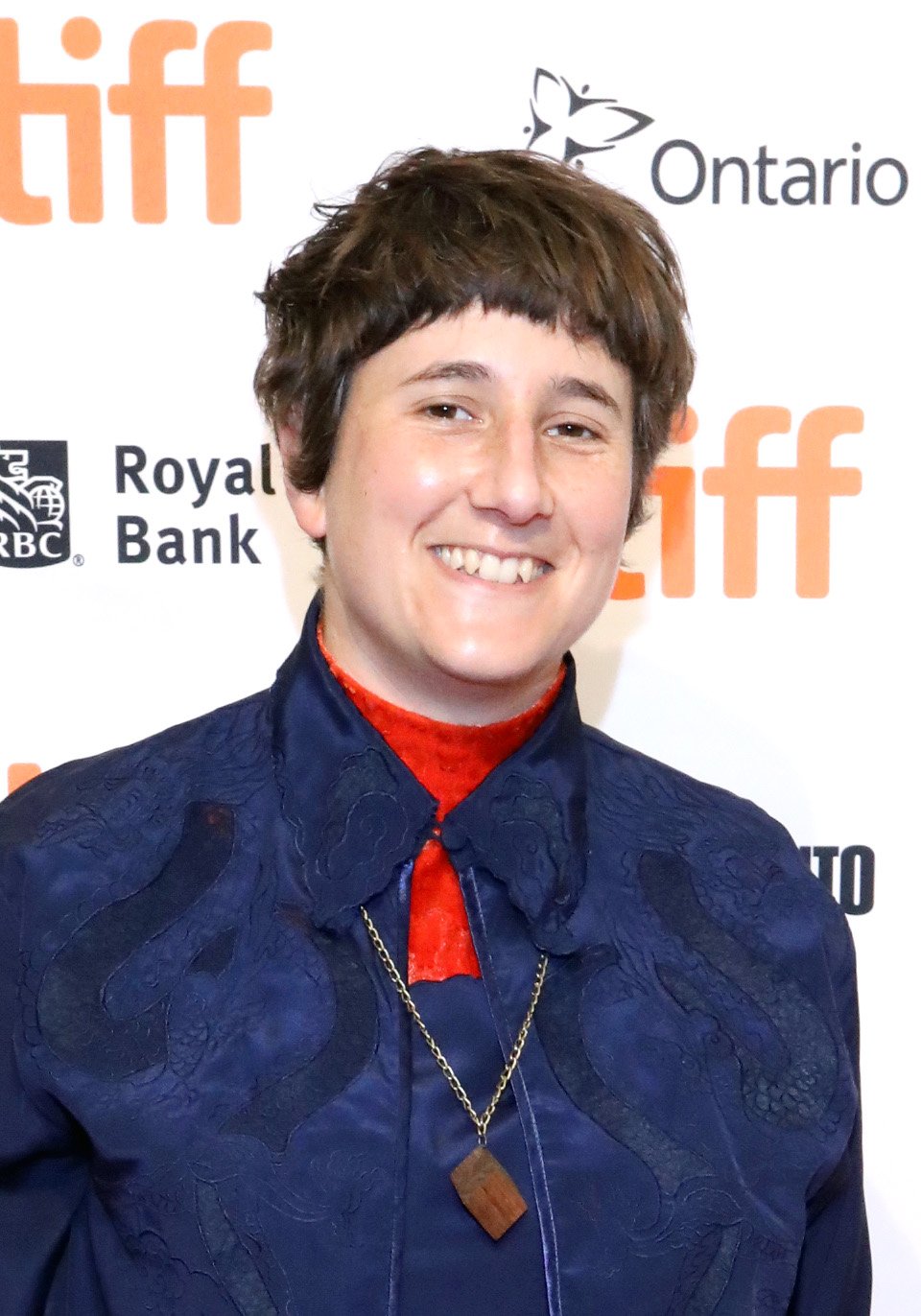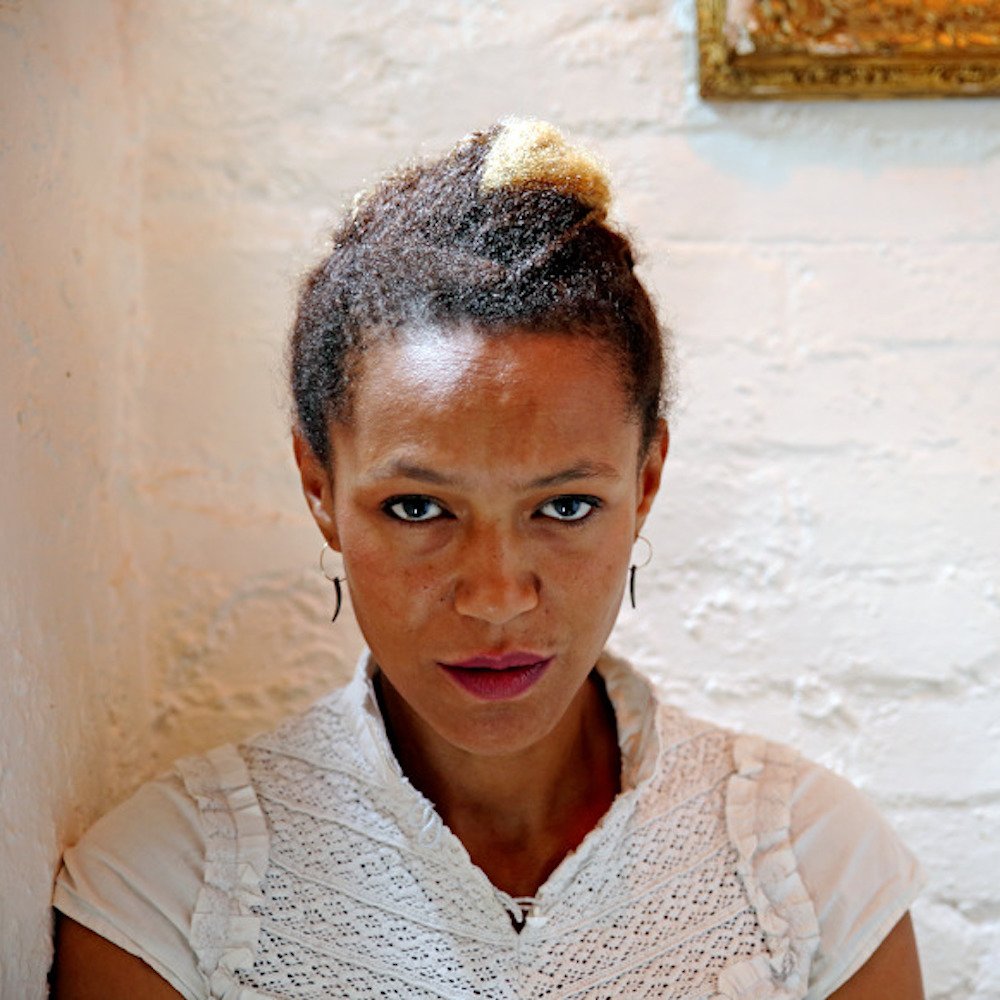The African film industry is experiencing a renaissance, with women playing a significant role in shaping its future. These six trailblazing filmmakers have been making waves with their bold narratives, unique perspectives, and ability to connect local stories with global audiences.
See list of 6 African Women Filmmakers on the Rise
1. Wanuri Kahiu (Kenya)
Wanuri Kahiu has been at the forefront of Kenyan cinema for several years. Her 2018 film Rafiki garnered international acclaim, becoming the first Kenyan movie to premiere at the Cannes Film Festival.

Rafiki is a coming-of-age love story between two women, and its vibrant, emotional narrative challenged conservative norms and sparked a vital conversation about LGBTQ+ rights in Kenya. Kahiu is a co-founder of Afrobubblegum, a genre of art that celebrates fun, fierce, and frivolous African art. She is currently expanding her work in Hollywood, but her dedication to telling African stories remains unwavering.
2. Mati Diop (Senegal)
Mati Diop became the first Black woman to win the Grand Prix at Cannes in 2019 for her stunning debut feature, *Atlantics*. Born in Paris to a Senegalese family, Diop uses her work to explore the complexities of migration, identity, and the aftereffects of colonialism.

Atlantics tells the story of a young woman in Dakar who loses her lover to the sea after he sets off on a dangerous journey to Europe. Diop’s poetic, atmospheric style has earned her a reputation as one of the most exciting new voices in African cinema.
3. Lina Soualem (Algeria/France)
Lina Soualem is a French-Algerian filmmaker who has quickly established herself as a promising documentary filmmaker.

Her 2019 debut documentary Their Algeria traces the history of her grandparents, immigrants from Algeria to France, and delves into themes of displacement, memory, and identity.
Soualem’s deeply personal storytelling brings the emotional and political struggles of migration into sharp focus, and her work has been widely praised for its sensitivity and insight.
4. Jenna Bass (South Africa)
South African filmmaker Jenna Bass is known for pushing boundaries with her bold storytelling.
Her film Flatland (2019), which opened the Berlinale Panorama section, is a feminist Western set in South Africa, blending genre conventions with a fresh narrative on female empowerment.

Bass has worked extensively as a writer, director, and producer, and she is known for her innovative approach to cinema, often using non-professional actors and crowd-sourced scripts. Her films tackle race, gender, and power dynamics, reflecting the diverse and complex nature of South African society.
5. Tamarin Tanner (Zimbabwe)
Tamarin Tanner is a rising filmmaker from Zimbabwe, and her work in short films and television is already making an impact. She is known for highlighting the lives and struggles of ordinary Zimbabweans through her cinematic lens. One of her most notable works is The Road to Sunrise, which delves into the harsh realities of sex work in Zimbabwe. Tanner’s films are both poignant and powerful, offering a rare and intimate look into the lives of marginalized people in Zimbabwean society.
6. Anisia Uzeyman (Rwanda)
Anisia Uzeyman, born in Rwanda, is a multi-talented director, actress, and playwright. She has worked extensively in France and the United States and is known for her poetic visual style and innovative storytelling.

Uzeyman co-directed Neptune Frost (2021) with her partner Saul Williams, a unique Afrofuturist musical that explores themes of resistance, technology, and liberation. The film was a standout at multiple international film festivals, establishing Uzeyman as a leading voice in the future of African cinema.
These six filmmakers are just a few examples of the vibrant talent coming from the African continent. They are pushing boundaries, breaking stereotypes, and offering audiences around the world a glimpse into the rich, diverse cultures of Africa. As these women continue to rise, they are not only transforming African cinema but also making an indelible mark on the global film industry.
